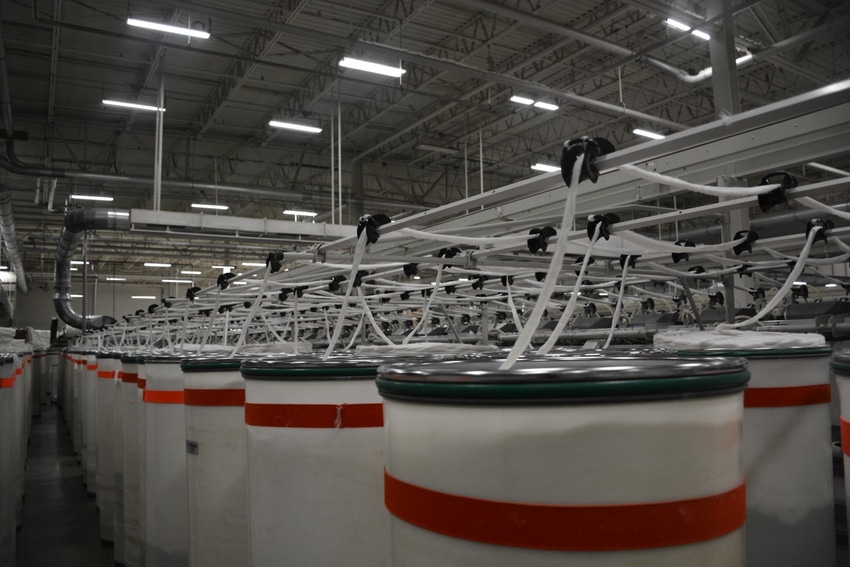
One take away from the coronavirus crisis is that the United States should not rely on China as a trading partner. Certainly, the export market is important, but now more than ever it is vital to develop the locavore market for all commodities.
Fruit and vegetable growers across the Southeast have long turned to the local market for customers. Now is the time to further develop the local market for corn, cotton, soybeans and other commodities.
A common refrain I hear from cotton farmers across the Southeast is they long for the days of a strong and more vibrant U.S. textile industry. Virtually all U.S. cotton farmers would prefer selling their cotton to the “locavore” market of sheets and shirts, towels and blue jeans made at home. But sadly, those opportunities are now fewer and farther between than in years gone by.
I don’t buy the notion that clothing and home furnishing manufacturing can no longer be done in the United States because American consumers will only buy towels or t-shirts made cheaply overseas. Now is the time to incentivize U.S. manufacturing of garments and home furnishings.
There are success stories of products made from local cotton, such as Wrangler Rooted Collection Jeans, Homegrown Cotton polo shirts, Redland Cotton sheets and towels, and Covered in Cotton blankets. These are all milled and made entirely in the United States, but they are specialty goods. There is a true need for more mass-produced cotton products milled and made in the United States from U.S. cotton.
Meantime, in 2011, the North Carolina Feed Grain Initiative was launched to encourage the state’s pork and poultry producers to buy more local grain and pay farmers a premium for their corn and soybeans. That effort must be increased to help the bottom line of soybean and corn farmers in this time of depressed prices.
Finally, North Carolina Farm Bureau President Shawn Harding is committed to expanding food manufacturing in North Carolina. The goal is to serve the growing market from Florida to New York and to pay farmers a premium for their produce.
These are all lofty goals, but they can and must be achieved.
About the Author(s)
You May Also Like






